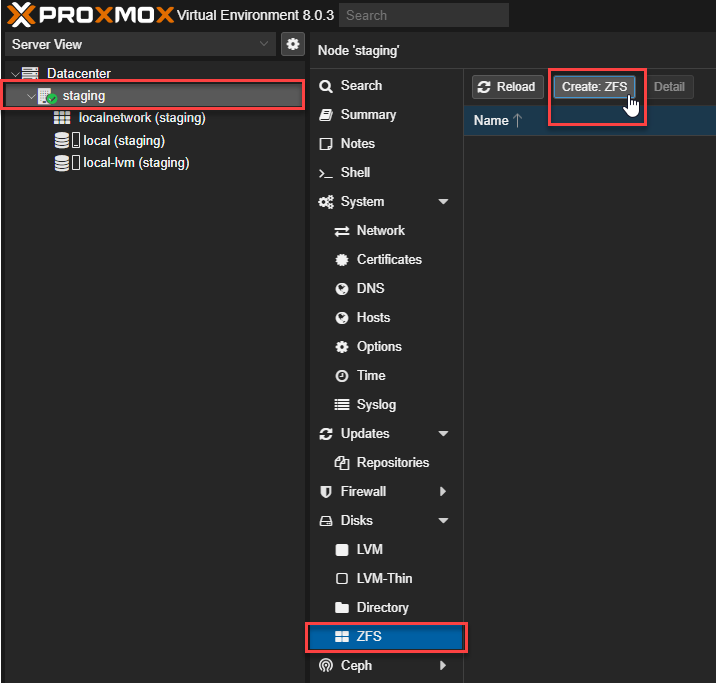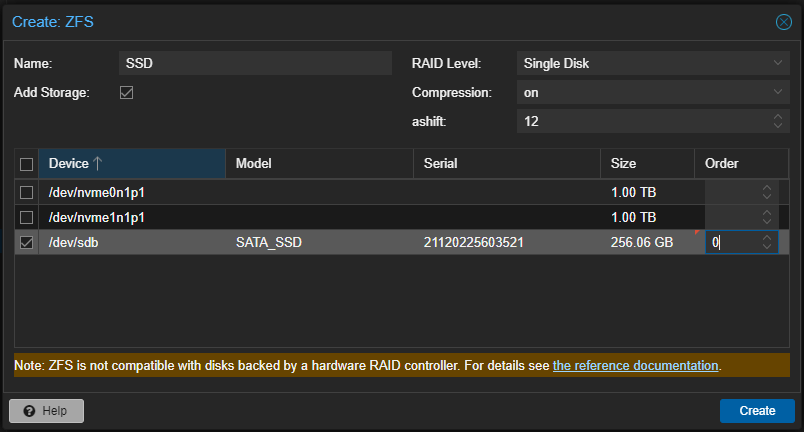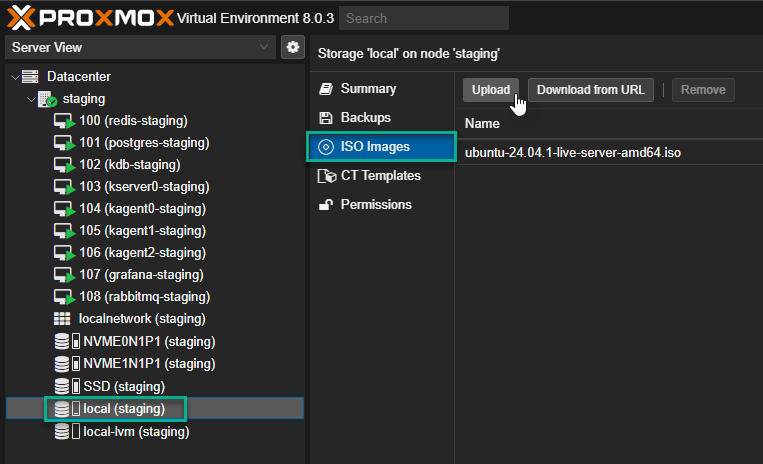Proxmox
I believe virtualized environments are useful in dividing out hardware resources. Now depending on your hardware, you will be restricted on what virtualized environment or releases you can use. For the hardware I have selected, I choose to run Proxmox 8.0.3.
Staging vs Production
We can talk more about development cycles but for the purpose of this section, we will just note that since there are two servers, one will be a staging server (testing) while the other will be a production server. This will be important later on as it will help in getting users used to a good development cycle.


Proxmox Installation
I will not be going over the installation of Proxmox but you should follow the installation manual and configure your setup as necessary. It is a good idea to place a reserved IP address on your router so the server does not try to request for a new DHCP address and you will not have any duplicate IP addresses on your network.
Proxmox Preparation
We need to initialize the drives in the server. My recommendation is for all drives, initialize them via ZFS.

You will need to go through each individual drive and create a new ZFS configuration.

Once completed, you should have 3 ZFS drives available for use.

ISO Images
I generally try to use the latest version of Ubuntu and for Ubuntu 24.04 LTS, you can download and load the image into proxmox for installation.
